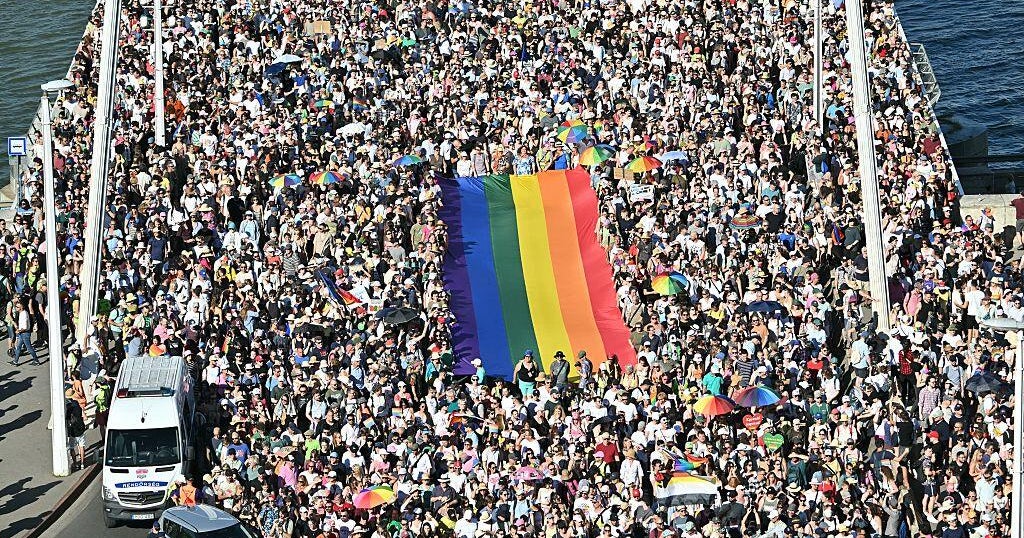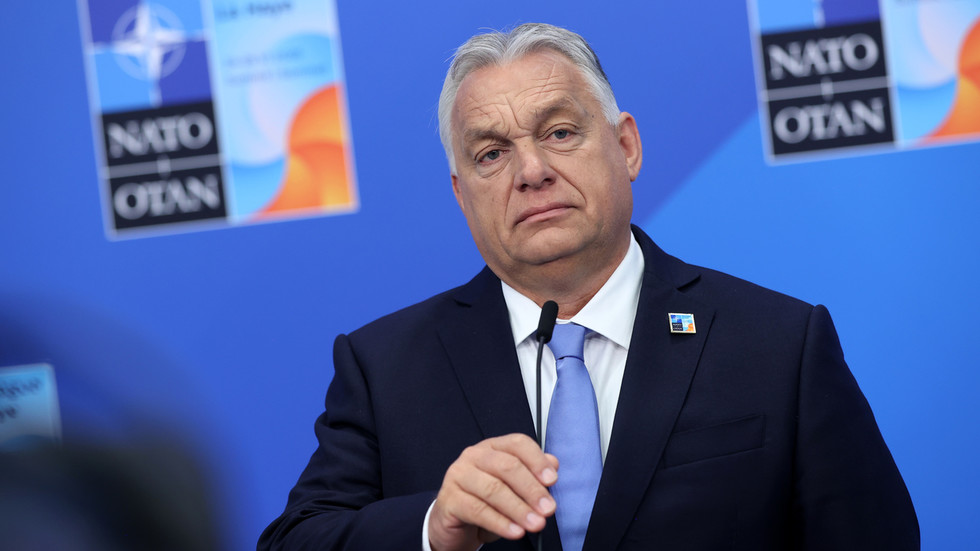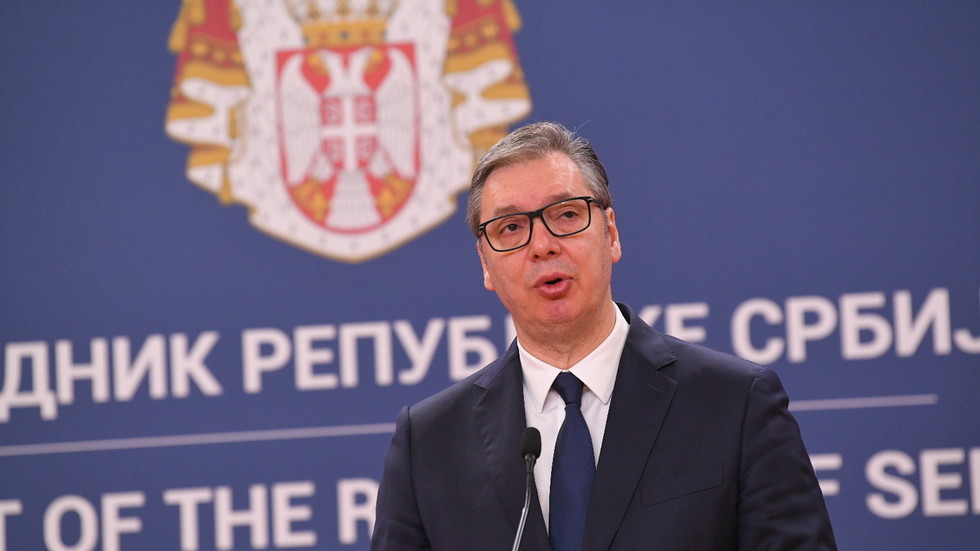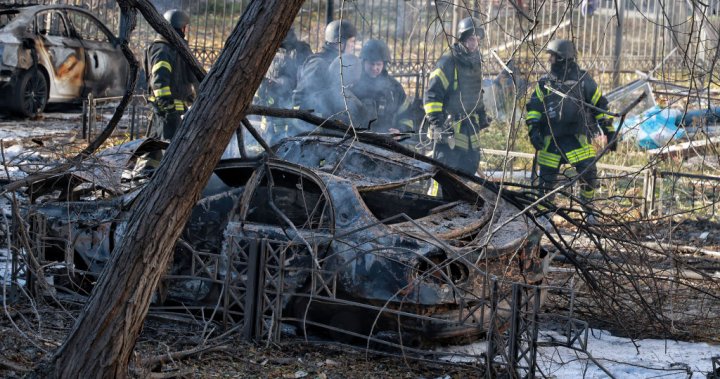The latest phase in Tehran’s troubled relations with the International Atomic Energy Agency (IAEA) kicked off not long after Israel launched massive, unprecedented strikes on Iran on June 13, killing top Iranian military officials and nuclear scientists.
When EU foreign policy chief Kaja Kallas declared on X that bloc members “agree” that Iran must never have a nuclear weapon, Iranian foreign ministry spokesman Esmaeil Baqaei fired a social media salvo. “How can you express concern over Iran's peaceful program that is under the most robust IAEA's inspections and ignore the fact that the Israeli regime has a huge arsenal of #NuclearWeapons?!” Baqaei posted on X.
As a signatory to the UN’s nuclear Non-Proliferation Treaty (NPT), Iran is required to accept IAEA inspections. Israel is exempt from nuclear inspections since it’s one of only five countries not party to the NPT. While Israel neither confirms nor denies that it possesses nuclear arms, the country is estimated to have at least 80 nuclear weapons, according to the Stockholm International Peace Research Institute (SIPRI). It’s an old source of grievance among hardliners in the Islamic Republic, and it picked up steam as Israeli bombardments continued.
By June 19, Baqaei had IAEA chief Rafael Grossi in his sights. “You turned IAEA into a tool of convenience for non-NPT members to deprive NPT members of their basic right under Article 4,” the Iranian foreign ministry spokesman told Grossi on X, referring to the treaty’s enshrined right to peaceful nuclear activities.
The anti-IAEA rhetoric was put into action this week when the Iranian parliament on Wednesday passed a bill to suspend cooperation with the IAEA.
Read moreIranian lawmakers vote to suspend cooperation with IAEA
The next morning, Iran’s constitutional watchdog, the Guardian Council, approved the parliamentary vote. By the end of the day, Iranian Foreign Minister Abbas Araghchi asserted on state TV that the suspension was "binding" following the Guardian Council approval and added that there was “no doubt about its implementation”.
‘Double standards’ of a shah-era treaty
Iran’s decision to suspend cooperation with the IAEA was a regrettable, but not surprising development for diplomats and experts who have worked on the issue for decades. “It has always been part of the tactics to stop, to interrupt, and to resume the cooperation with the IAEA,” said Jacques Audibert, a diplomat and former negotiator for France on the 2015 Iran nuclear deal. “Today, they have obvious reasons, because their facilities are supposed to be obliterated. I can imagine that politically it's difficult for them.”
To display this content from , you must enable advertisement tracking and audience measurement.
“They've suspended. It's not a withdrawal. And while they're talking about withdrawal from the Non-Proliferation Treaty, they haven't done so. Even so, the suspension of the inspections and of the relationship with the IAEA is going to fuel the narrative that Iran intends to build a weapon,” noted James Dorsey, senior fellow at the Singapore-based S. Rajaratnam School of International Studies and host of the popular podcast, “The Turbulent World of Middle East Soccer”.
Iran signed the NPT in 1968, during the reign of Shah Mohammad Reza Pahlavi, who was ousted in the 1979 Islamic Revolution. For over four decades, the Islamic Republic authorities have railed against the “double standards” that oblige the country to comply with inspection requirements of a shah-era treaty while Israel goes scot-free, developing nuclear weapons without fear of sanctions or Western disfavour.
But Iran, unlike North Korea, has never withdrawn from the landmark UN treaty, fearing a devastating response from Israel, or worse, the USA.
That deterrence collapsed this month, with the 12-day war killing at least 627 Iranians and wounding nearly 4,900, according to official figures. Human rights groups say the Iranian death toll exceeds 1,000. Meanwhile Iran's retaliatory strikes on Israel killed 28 people, according to Israeli authorities.
While US President Donald Trump announced a “ceasefire” on Monday, Iran has never used the term, describing the cessation of hostilities as a “halting of retaliatory strikes” against Israel. At a NATO summit in The Hague this week, Trump compared the US strikes on Iranian nuclear facilities to the 1945 US nuclear attacks on Japan. "When you look at Hiroshima, if you look at Nagasaki, that ended a war, too," Trump said. "This ended a war in a different way."
Experts, however, are not at all sure that Trump’s touted end of hostilities will hold. “I think the reason why the United States is insisting on saying, we've done it, we're finished, is that Trump does not want to be drawn into a longer war,” said Dorsey.
Playing the long game
Trump may be blindsided by the short term, but Iran has a history of playing the long game by adopting a cat-and-mouse strategy with the IAEA. In 2018, when Trump, under his first presidency, withdrew the US from the Joint Comprehensive Plan of Action (JCPOA), also called the 2015 Iran nuclear deal, Tehran waited for a year for Washington to come back to the deal before announcing its partial withdrawal in May 2019.
Two years later, Tehran halted its implementation of the Additional Protocol stipulated in the 2015 Iran nuclear deal, which permitted the IAEA enhanced inspection rights – including snap inspections and continuous surveillance. Iran, however, continued to comply with IAEA’s Comprehensive Safeguards Agreement after 2021, which permitted access to Iran’s declared nuclear sites, until the Israeli strikes this month cut off access to the country.
“Iran adhered to the 2015 international agreement into 2019. When that didn't persuade the Americans to return to the agreement, they progressively started to abandon adherence to various provisions, including the limit on uranium enrichment,” said Dorsey. “The original reason for enriching to 60% was to pressure the United States to return to the agreement. Circumstances have since changed.”
Following the US strikes on Iran’s nuclear facilities, attention has focused on the infamous 408.6 kg of uranium enriched up to 60% that the IAEA in May declared the regime had amassed. Trump and US Defence Secretary Pete Hegseth slammed US media for reporting initial intelligence assessments that the strikes only succeeded in pushing back Iran’s nuclear program by mere months. They insist the US-Israeli strikes have “obliterated” and “decimated” Iran’s nuclear capacity.
Read moreDId Iran's enriched uranium stockpile survive US strikes?
While some Iranian officials admitted the country’s nuclear facilities have been heavily damaged, Supreme Leader Ali Khamenei on Thursday insisted that Tehran’s enemies “did not achieve anything from this war. They attacked our nuclear facilities, but they were unable to do anything important.”
Audibert is dismissive of the claims and counterclaims on both sides. “We are in a posturing phase, which is not taking reality into account,” he noted. “What Khamenei said has no link with reality. He said it's a big victory [for Iran], that Israel almost collapsed, and that Iran slapped the United States in the face. This doesn't make sense. On the other hand, the US defence secretary is trying to explain to everybody that it has been a full success. I'm not putting the two on the same level, but it's the same posturing phase.”
Providing a ‘pretext’ for Israel’s ‘unlawful attack’
For the facts to be established, evidence must be gathered on the ground. While the war on Iran raged for 12 days, the IAEA deemed it impossible to assess the damage to nuclear sites and material on the ground since the UN agency “lost visibility [on enriched uranium stocks] from the moment hostilities began", Grossi told French TV station France 2 on Wednesday.
“During a war, we cannot inspect, we cannot move. But as soon as hostilities stopped, and especially given the sensitivity surrounding this material, I believe it is in everyone's interest that we resume our activities as soon as possible,” said Grossi.
The IAEA chief also slammed Iran's decision to suspend cooperation with the UN watchdog agency. “Iran's cooperation with us is not a favour, it is a legal obligation as long as Iran remains a signatory to the Non-Proliferation Treaty,” he noted.
But Tehran is particularly piqued with the UN nuclear agency after the IAEA board passed a resolution on June 12 declaring that Iran was breaching its non-proliferation obligations.
The next day, Israel launched its attacks on Iran. While Israel did not mention the IAEA resolution, US Vice President JD Vance cited the IAEA resolution to make a case for the military action against Iran.
In the initial days of the war, Grossi took to the airwaves to repeatedly explain that the IAEA had not assessed that Tehran was building a nuclear weapon. But Grossi’s clarifications failed to mollify Iranian authorities. “This is too late, Mr. Grossi. You obscured this truth in your absolutely biased report,” Iranian foreign ministry spokesman Baqaei said in a post on X, excoriating the IAEA for providing a “pretext” for Israel’s “unlawful attack on our peaceful nuclear facilities”.
On Friday night, amid mounting pressure to establish the facts on the ground, Iran once again slammed Grossi, rejecting his request to visit its nuclear sites. "Grossi's insistence on visiting the bombed sites under the pretext of safeguards is meaningless and possibly even malign in intent," Araghchi said on X. "Iran reserves the right to take any steps in defence of its interests, its people and its sovereignty."
Russia wants Iran-IAEA cooperation
But apart from its fiery rhetoric, Iran has very little room for maneouvre in its dealings with the IAEA at the UN Security Council.
In the event of non-cooperation, such as refusal of access, concealment of materials, or failure to provide justification for the presence of uranium, the IAEA has the right to refer the matter to the UN Security Council, which could result in sanctions, increased diplomatic pressure, or calls for the resumption of negotiations.
On the nuclear issue, Iran is isolated at the top rung of the top UN body, with the five veto-holding permanent Security Council members keen to see Tehran back under inspections.
Russian Foreign Minister Sergei Lavrov on Thursday spoke out against Iran suspending cooperation with the IAEA.
"We are interested in continuing cooperation between Iran and the IAEA, so that everybody respects Iran's repeated statements that Iran does not have and will not have plans to develop a nuclear weapon," Lavrov said at a press conference in Moscow.
During the recent war, Iran’s closest allies, Russia and China, provided rhetorical, but very little concrete support for Iran. Both Russia and China are nuclear powers and permanent UN Security Council members with little appetite to handle a nuclear armed Iran further destabilising the Middle East powder keg region.
Withdrawing from the NPT risks further isolation since a UN Security Council resolution could see sanctions that add further burdens to Iran's long-suffering population.
“Suspending inspections is a violation [of the NPT],” said Dorsey. “This is not a free membership, you sign up to obligations and those obligations include the degree of enrichment and they include inspections.”
While some members of the international community may understand Iran’s position in the immediate aftermath of the devastating Israeli and US strikes, there will be pressure on Iran to fall in line with its nuclear commitments. “If Iran does not comply, it's going to be interpreted as retaining the freedom to develop a weapon,” said Dorsey. “Iran is a country that has been sanctioned for much of the existence of the Islamic Republic since 1979. Let's be clear about it, in that sense, Iran is its own worst enemy.”











 English (US) ·
English (US) ·